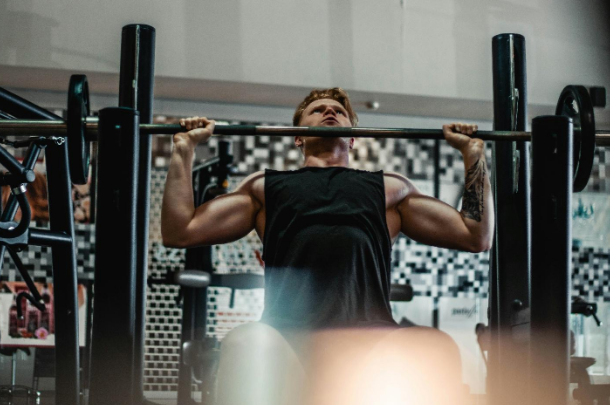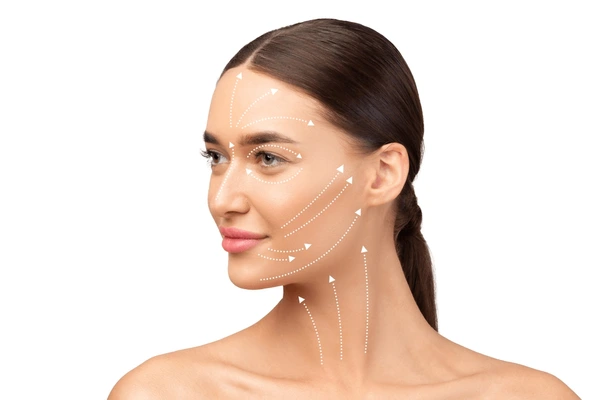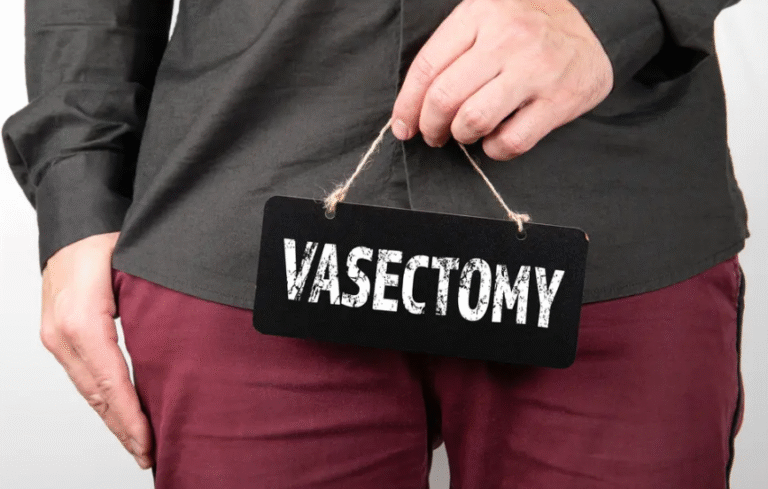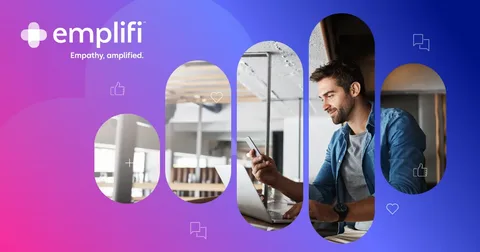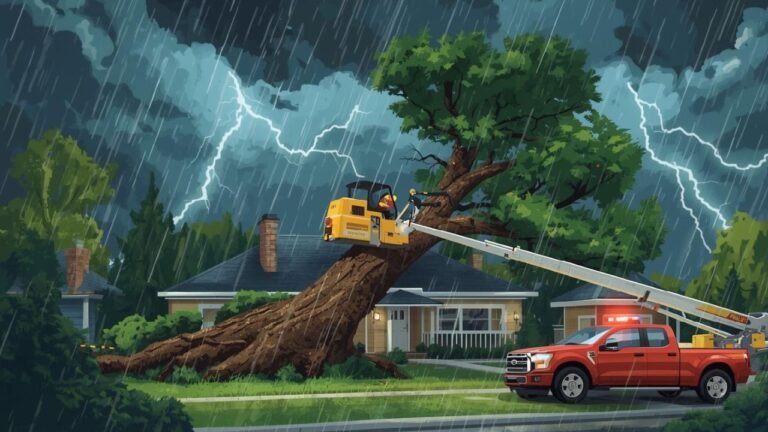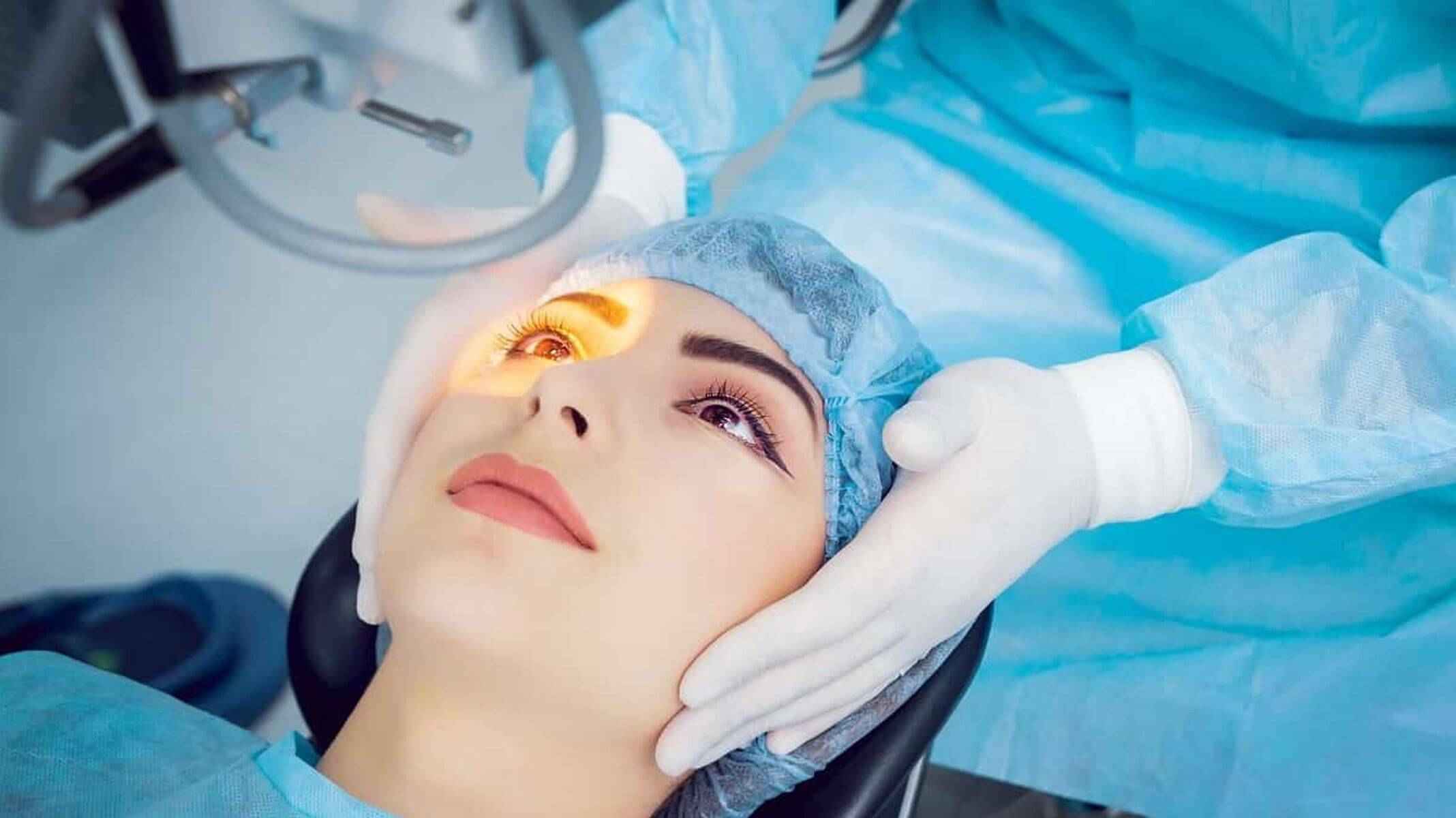
Let us talk about something that is kind of inevitable as we get older – cataracts. You might have heard of them, or maybe you have got a grandparent who has had cataract surgery. Either way, cataracts and aging go together, but the good news is, they do not have to be something that ruins your vision. This article will discuss what cataracts are, why they are linked to aging, cataract surgery in Singapore (https://www.drchelvinsng.com/cataract-treatment-in-singapore/), and most importantly, what you can do to protect your eyes as you get older.
To put it simply, cataracts are when the lens in your eye gets cloudy. Think of the lens like the camera lens of your eye. When it is clear and in good condition, it focuses light onto the back of your eye, allowing you to see clearly. But when you develop cataracts, that lens becomes cloudy, and your vision starts to get blurry. It is similar to when you are looking through a dirty window – everything is harder to see.
In its early stages, cataracts usually do not cause much of a problem, but as they get worse, you might start noticing that colors look faded, bright lights are blinding, and it gets hard to see at night. If left untreated, cataracts can make it difficult to do everyday things like reading, driving, or even watching TV.
Cataracts and aging: what is the correlation?
Now, why do we get cataracts as we get older? The short answer is: it is just part of the natural aging process. The lens in our eye is made up of protein and water. Over time, that protein starts to break down and clump together, which causes the clouding that leads to cataracts. The older we get, the more likely this is to happen.
In fact, studies show that by the time you hit 80, more than half of people will either have cataracts or have had cataract surgery. So, yes, it is pretty common. The thing is, cataracts do not just hit you all at once. They develop slowly, which makes it easy to miss in the early stages.
Factors that can speed up cataracts
Aging is the main factor, but there are a few other things that can make you more likely to develop cataracts earlier.
If your parents or grandparents had cataracts, you might be at a higher risk of developing them yourself. Genetics play a big role in pretty much everything, and cataracts are no exception. If you know cataracts run in your family, it is a good idea to stay on top of your eye health.
If you have diabetes or high blood pressure, your risk for cataracts goes up. People with diabetes tend to get cataracts younger, and those with high blood pressure or other health issues may also develop them more quickly.
This is where things get interesting. If you smoke, you are more likely to get cataracts earlier. Smoking introduces toxins into your body, and your eyes are no exception. On top of that, drinking a lot of alcohol can also speed up cataract development.
This one might surprise you, but UV rays from the sun can actually damage your eyes and make cataracts develop faster. That is why wearing sunglasses with UV protection is so crucial, especially when staying outside in prolonged periods of time. Just like you protect your skin from the sun, your eyes need protection, too.
How to tell if you if you have cataracts
One of the main challenges is that cataracts do not always show up with noticeable symptoms right away. In the beginning, you might just think your vision is a little off or that you need stronger glasses. But as they progress, the symptoms become more obvious:
- You focus your eyes on something and it can feel like you are looking through a foggy window.
- Have you ever driven at night and found that headlights are way too bright? That is a sign of cataracts.
- If you are finding it harder to see at night or in dimly lit places, it might be time to get checked out.
- Colors look faded or yellowed in your eyes, as if things just do not look as vivid as they used to.
If you are noticing any of these things, do not ignore it. The sooner you catch cataracts, the easier it will be to manage them.
Protecting your vision as you age
Sure, you cannot stop aging (trust us, many have tried), but there are some simple steps you can take to keep your eyes as healthy as possible.
Go for a balanced diet: A healthy diet is not just good for your waistline – it is great for your eyes as well. Foods that are rich in antioxidants, like leafy greens (spinach, kale), berries, and nuts, can help protect your eyes from damage. Vitamins like A, C, and E are particularly important for eye health, so add carrots, oranges, and almonds to your meals.
Wear sunglasses: It is not just about looking cool (though you definitely will). Sunglasses that block 100% of UVA and UVB rays are a must to protect your eyes from the sun’s harmful rays. Protecting your eyes from UV damage is one of the best things you can do for your long-term eye health.
Get your eyes checked regularly: This one is a no-brainer, but it is still worth saying, since a lot of people tend to forget. Eye exams are essential as you get older. Your eye doctor can catch early signs of cataracts or any other issues before they become major problems. If you are over 60, try to get an eye exam at least once a year. Your eyes will thank you later.
Make better lifestyle choices: Cutting out smoking and reducing alcohol intake is not just good for your body – it is great for your eyes, too. Smoking introduces all kinds of harmful chemicals into your system, and alcohol can make cataracts develop faster. Staying active and eating a well-rounded diet will also help keep your eyes (and the rest of your body) in better shape.
Get moving: Exercise is a great way to keep your body healthy, and that includes your eyes. Regular physical activity helps improve circulation and reduces your risk of conditions like diabetes, which can increase the risk of cataracts. Plus, it just feels good to stay active, right?
Final thoughts
Do not wait until the damage to your eyes are irreversible – early intervention is key! Aging might be inevitable, but cataracts do not have to slow you down. By taking care of your eyes through healthy habits like eating well, wearing sunglasses, and getting regular checkups, you can protect your vision and keep things clear for years to come.
–
Chelvin Sng Eye Centre – Dr Chelvin Sng
38 Irrawaddy Road
Mt Elizabeth Novena Specialty Centre #06-25
Singapore 329563
Tel: +65 6334 2282
Whatsapp: +65 8129 6328

